The maintenance of customer relationships in an efficient manner is an essential component of the process of establishing a successful e-commerce company.
In this regard, e-commerce CRM softwareCRM software can greatly assist your company in managing a large amount of internal data and information pertaining to customers to improve the CSAT rate. In addition to this, CRM software also makes it easier for employees to collaborate.
Your e-commerce company would be able to provide superior customer service as a direct consequence of this development.
Your e-commerce company can benefit from CRM software by establishing a better understanding of client needs, increasing customer retention rates, rising customer acquisition rates, and minimizing the costs associated with customer management.
E-commerce CRM Essentials
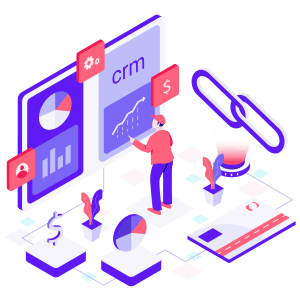
Customers nowadays are well-versed in the state-of-the-art technologies available to the e-commerce industry, and they expect their preferred platform to take advantage of these developments. If a customer places an order, they want to know the status of that purchase as soon as possible. Customers also anticipate being able to check the status of an order or see how many of each item has been purchased over the past several days.
Customer Relationship Management(CRM) systems cooperate with online retailers to facilitate these processes in this case. As a result, their customer service is improved, and their whole experience is enhanced.
In this article, we at RSoft Technologies will review some of the CRM basics for your online store.
Access To Data
An effective CRM's primary characteristic is unrestricted access to data. Your e-commerce customer relationship management platform should provide a 360-degree perspective of your customers to keep track of all activity taken concerning a customer, from a website query to a customer service ticket and back again.
It guarantees that all the company's departments access the same, up-to-date client information. An agent's ability to collect valuable data from interactions with customers is crucial to their ability to provide customers with a tailored service experience.
Integrative Inbox System
With the All-in-One Inbox system of a customer relationship management system, your company's customer service representatives can handle a customer's inquiry from any channel—be it phone, text message, email, or social media—and answer it in a unified fashion.
Teams in different offices worldwide may work together more efficiently thanks to this omnichannel approach. This CRM function facilitates cooperation across several divisions, reducing the administrative burden on agents.
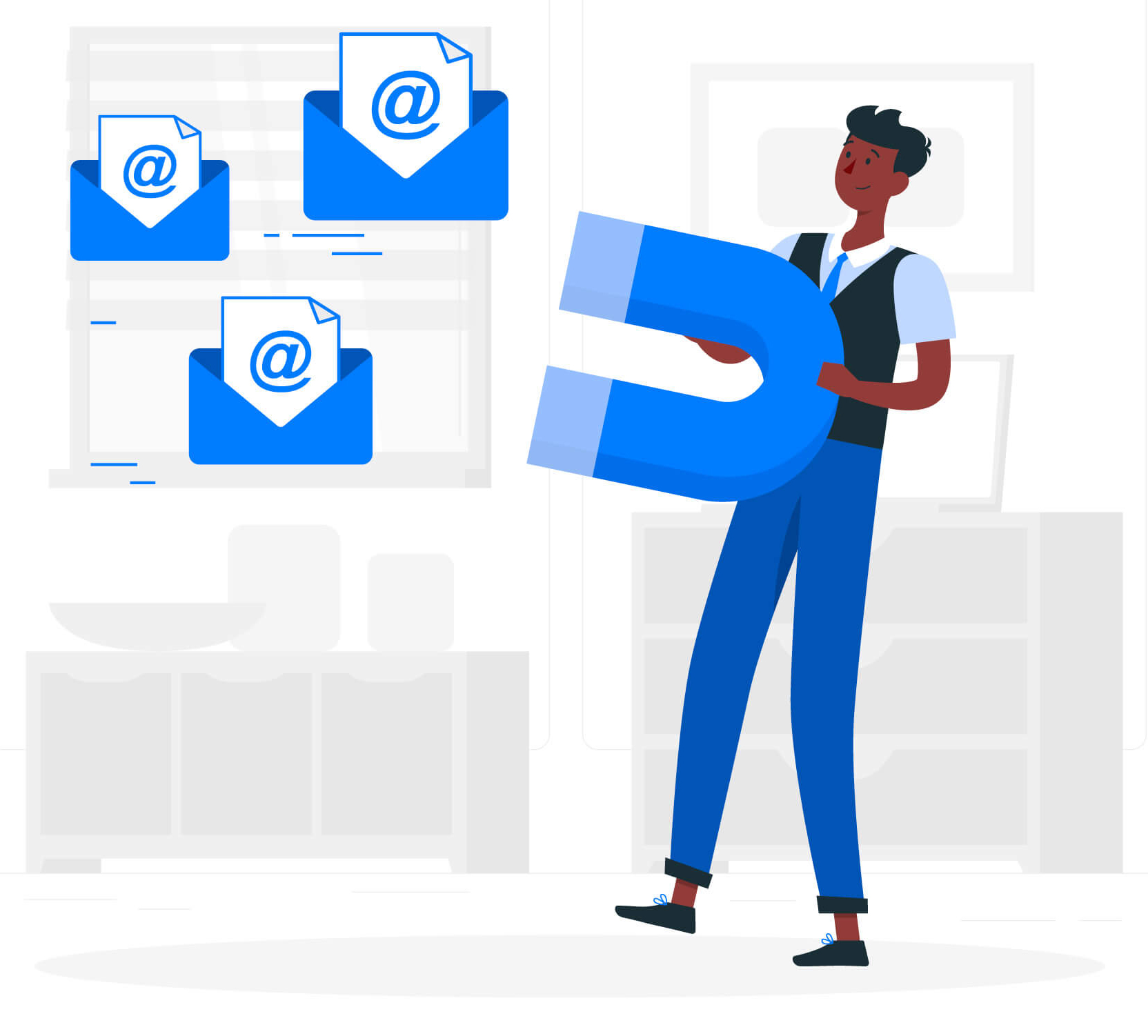
Classifying Your Clientele
Because each consumer profile is unique, e-commerce sites can use the segmentation capability to tailor their communications to each audience subset.
E-commerce sites can expand their customer base in this way as well.
Online retailers can achieve their goals through the implementation of customer segmentation tactics.
In-Real-Time Conversation
At present, a live chat feature is standard on all commercial websites. In real-time, it connects website visitors with support staff. However, when combined with a customer relationship management system, live chat becomes incredibly powerful.
E-commerce businesses can benefit from having their Live Chat system integrated with a customer relationship management system since it allows for the centralization of data collected from chats with website visitors.
It's an excellent tool for identifying repeat consumers and expanding that segment of your database. Time is also saved because the process of protecting information is automated.
Application for Mobile
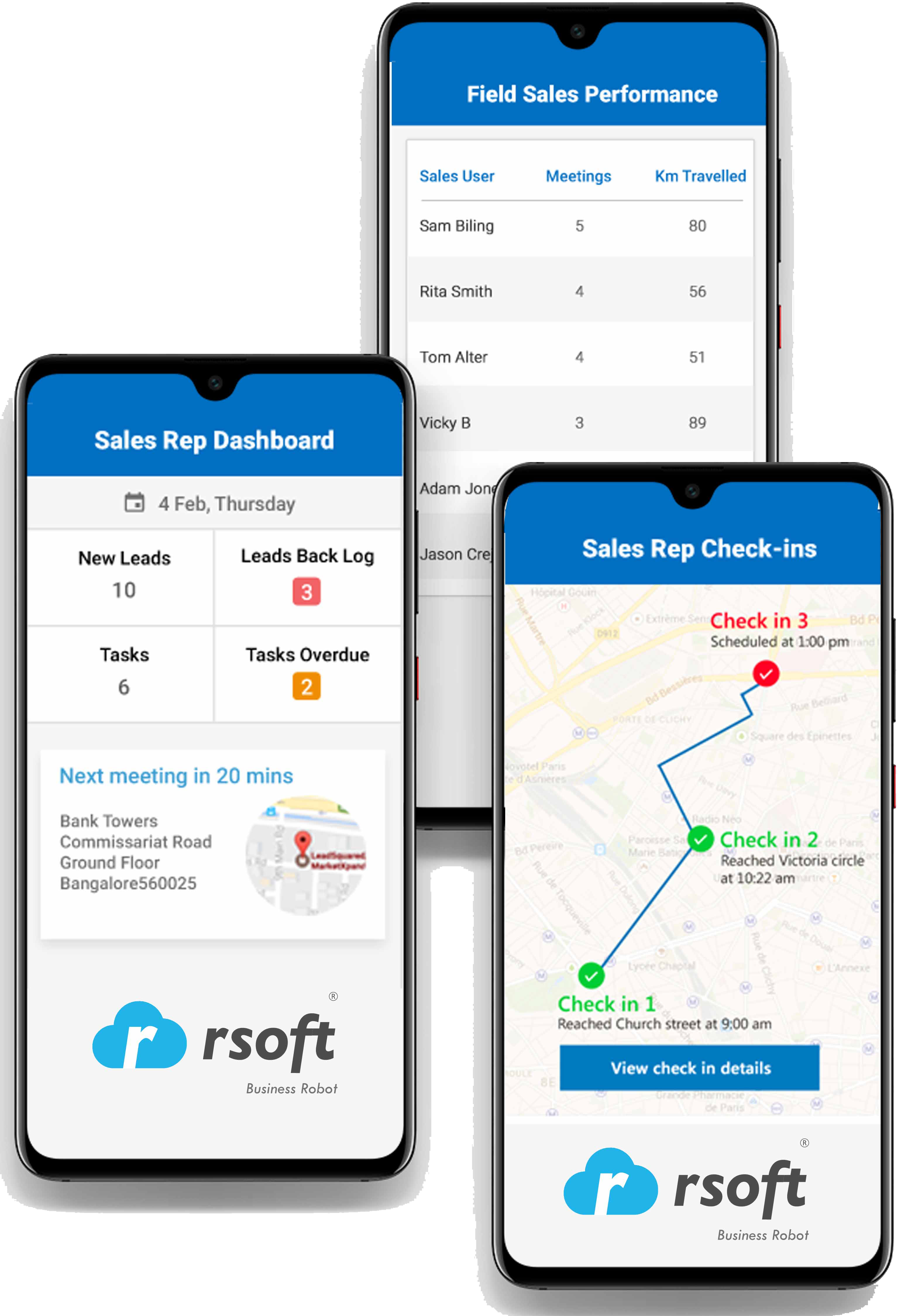
After debuting on the market, mobile applications have set a new standard. They are crucial to many industries, and online trade is no exception.
The agents of an online store can access the most recent data by using a mobile app linked to the customer relationship management system. Since they can help clients from any location, they may improve their First Call Resolution and reduce their Average Handling Time.
Custom Reporting
An efficient CRM not only keeps tabs on client information and helps save a ton of time through business efficiency analysis.
Depending on your needs, different customer relationship management systems will provide you with varying levels of reporting customization.
Market insights, financial forecasts, and other business data can all be filtered with the CRM's flexible reporting filters, making it ideal for an e-commerce company.

Handling of Orders
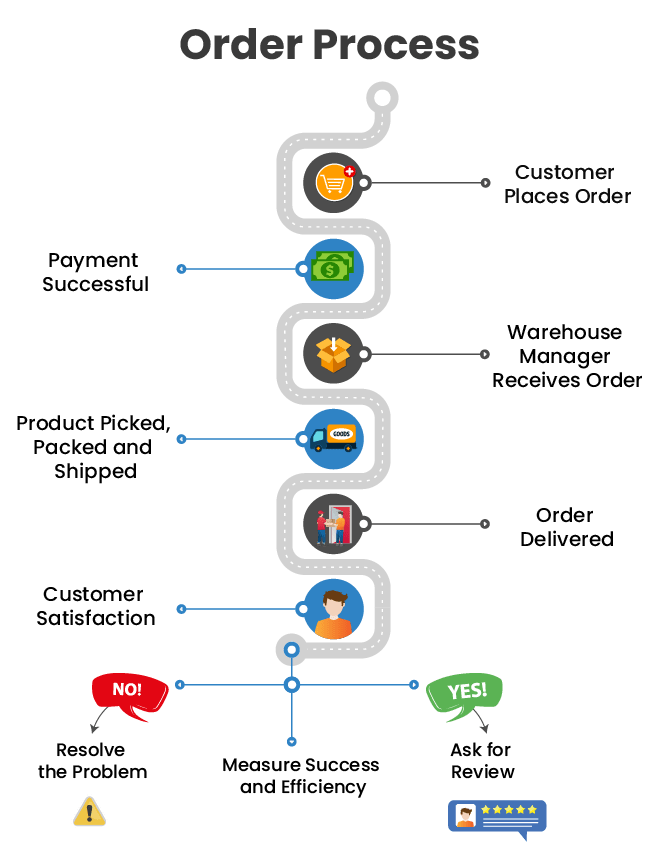
For a customer relationship management system to be effective, it must facilitate the order management cycle that leads to a happy clientele. Because of this, e-commerce companies should prioritize this function while evaluating CRM packages.
The CRM system's primary function is to furnish the order management system with comprehensive data for each product.
The ability to easily track and review orders, pay for them, fast shipping and an easy return policy are just some of the benefits of a practical order processing system.
Strategic Control of Vital Information
Information about customers is typically recorded and maintained by a data management team. This entails processing the data gathered and communicating the results to clients and other groups focused on satisfying their needs.
With a few mouse clicks, account managers can see all of their clients in a unified perspective when using sophisticated CRM software for e-commerce. Form submissions, email opens, and file downloads from your website in the past several days are just some business contacts that may be monitored and evaluated.
Your e-commerce business will flourish if your account managers have easy access to all these contact points.
Standard CRM Connections
Integrating your e-commerce CRM software with your email and social media platforms is a quick and easy method to gain insight into how your consumers interact with your website, landing pages, and social media posts.
Employees in e-commerce companies can save time and effort by integrating CRM with calendars to organize their days in a unified environment.
Advanced Essentials
Filtering Tickets
E-commerce CRMs with ticket filtration can help customer support workers manage ticket queues.
The ticket filtration function identifies and prioritizes tickets based on terms customers use. Tickets are organized by question type, making it easier for agents to resolve them.
The automated ticket allocation tool allocates tickets to agents based on their skill sets to quickly handle consumer queries.

This ticket allocation technique boosts agent productivity and efficiency, which improves the firm over time.
Auto-ticketing Assignment
To quickly resolve customer issues, an automatic ticket assignment function sorts incoming support requests and distributes them to agents based on their expertise.
The firm benefits from this well-thought-out plan for ticket distribution in the long run due to the agents' increased efficiency and productivity.
Automation of Work Processes
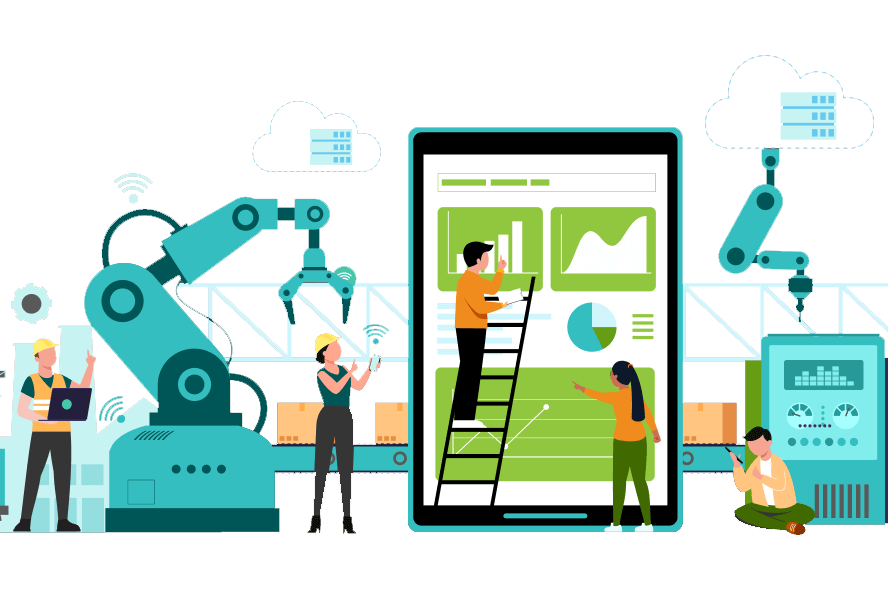
Using a customer relationship management system, an online store can streamline operations by automating formerly laborious and redundant procedures.
Workflow automation allows e-commerce organizations to streamline various processes, including email composition and delivery, appointment setting, data collection, and report generation.
Improved CRM Integrations
Thanks to the sophisticated interface, you can easily connect your e-commerce CRM with other critical business tools like payment processors, logistics providers, enterprise resource planning systems, and other APIs.
Thanks to sophisticated CRM interfaces, the support staff can do everything necessary to close a problem without ever leaving the CRM interface.
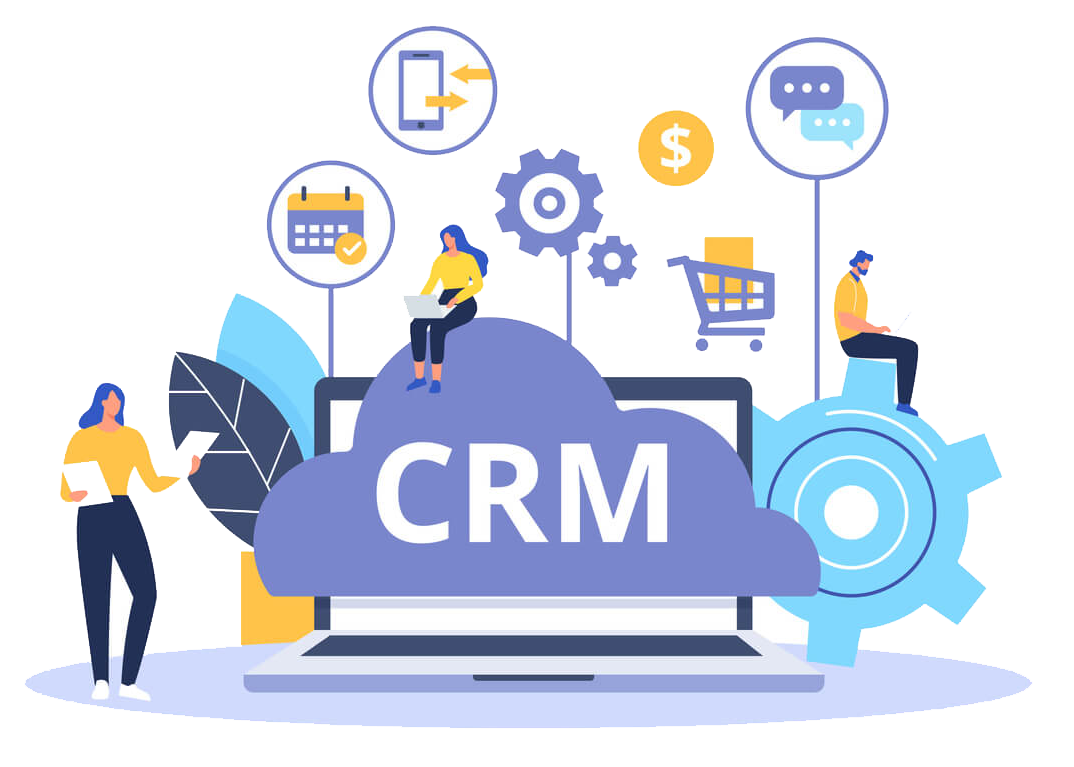
Management of Information and Knowledge
Organizational success depends on the production and dissemination of relevant information. It may be difficult and time-consuming to compile all the necessary information, from client data to product specifics.
For efficient customer care, e-commerce businesses may greatly benefit from equipping their agents with the right CRM tools.
That's why KMS (Knowledge Management System) is a valuable customer relationship management tool for companies everywhere. It's an excellent benefit for agents because it puts all the data they need to answer client questions in one place where they can readily access it. This means tickets are responded to more quickly, and the average agent handling time goes down.
LMS - Learning Management System
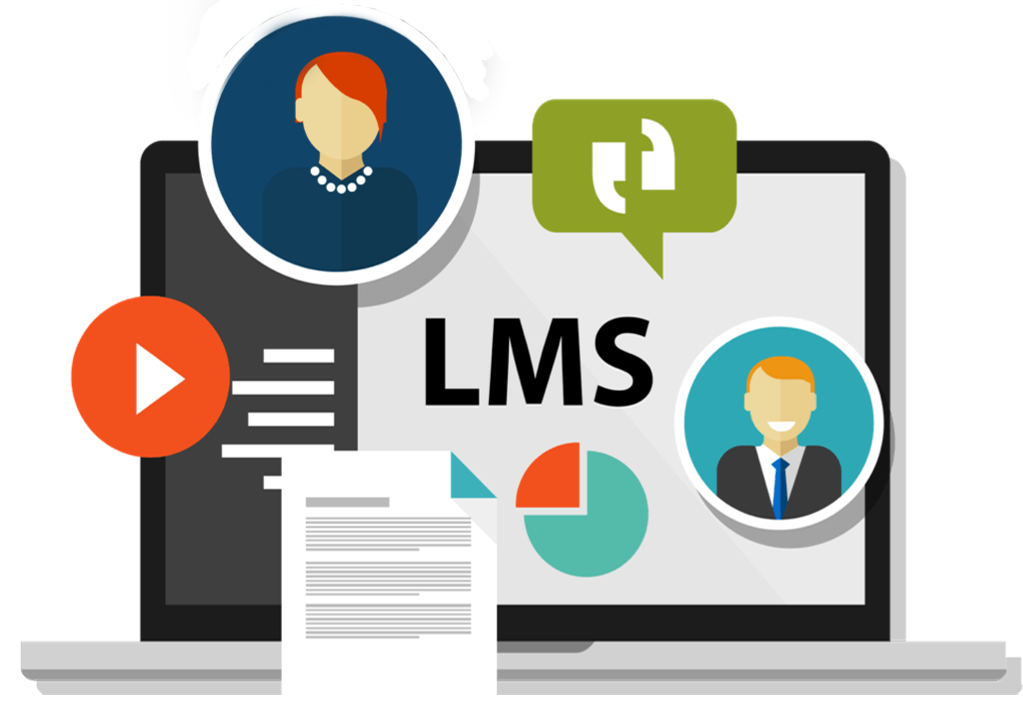
To keep tabs on the development of their customer service representatives and other staff members, e-commerce businesses may benefit from LMS - CRM software.
Integrating a learning management system (LMS) allows for a more in-depth look at agents' learning status, monitoring their learning progress and job performance. Both are crucial data for improving workforce quality and recognizing the root causes of problems and knowledge gaps.
Self-Help
With the aid of a competent CRM , online retailers may create a self-service site that allows customers to solve their problems without interacting with a support representative.
It frees customer service agents to assist more people at once by letting users find answers to frequently asked questions without requiring personal interaction.
Although many platforms have adopted Customer Relationship Management(CRM) , not all CRMs provide the same level of efficiency and ease of use for your clientele. Identifying the best customer relationship management system involves learning how its functions will work with your specific company setup.
The most excellent method to wow your consumers and make their experience more pleasant is to learn about their wants and requirements and then provide them with tailored solutions.
The intelligent tools and solutions offered by RSoft , an automated help desk platform, may be used to fine-tune your customer relationship management system and boost your efforts to retain customers.


